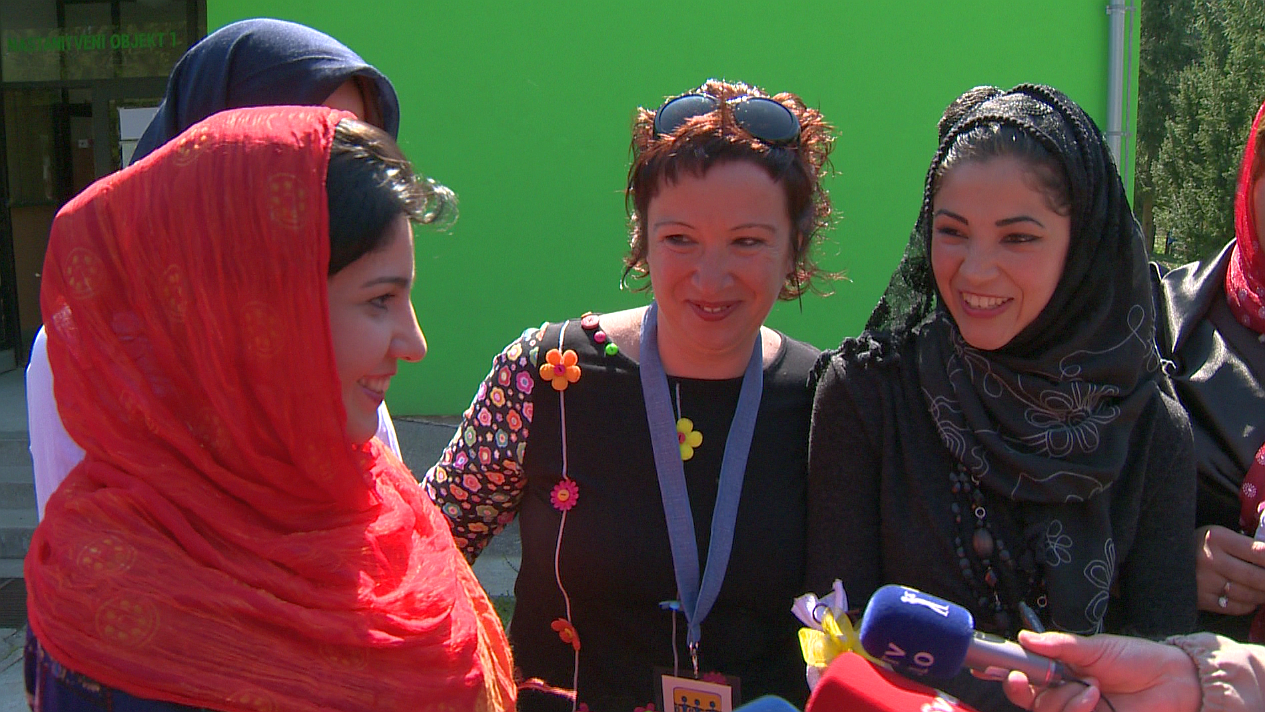
Slovenia has committed to take in 567 refugees from Italy and Greece, as well as an additional 20 people who have filed for international protection. Initial estimates put the cost for Slovenia in the first two years at eight million euros. Slovenia will receive a sum of 6,000 euros for every relocated refugee. All those that would later wish to remain in Slovenia will be engaged in a process of integration. Three quarters of all the costs will be covered by the EU migration fund, while 25 percent of the costs will have to come from Slovenia’s budget.
The first group of 10 Eritreans will be resettled to Slovenia in the coming days. This month another 30 will arrive from Greece (families from Syria and Iraq). They will be resettled at the asylum centre in Ljubljana or at the centre’s branches on Kotnikova Street in Ljubljana or in Logatec. Families will be resettled in Logatec as it has most of the free places. Currently there are 27 refugees from Afghanistan residing in Logatec. Five children already attend school. Volunteers from the Slovene Philanthropy and UNICEF are also at the centre every day.
Cooperation replaces fear
"The initial fears of the residents of Logatec have vanished. We now cooperate excellently. We already had a joint international football tournament and a dance course," said Katarina Štrukelj, the head of the Ljubljana asylum centre to which the Logatec centre belongs to.
Interior Ministry State Secretary Boštjan Šefic added that there is currently 172 kilometers of fence along the southern border. He said that if it remained quiet until the autumn and there were no more mass border crossings, the government would consider taking down the fence.
And while in some places in Europe locals accept refugees into their homes and express readiness to take care of them, in Slovenia there has been no such case yet. In addition, nobody has expressed readiness to freely give their real-estate to refugees willing to remain in Slovenia and integrate into the society. There are currently 321 refugees in Slovenia which have filed for international protection and are accommodated in asylum centres. The number changes from day to day. The majority of them still want to continue their journey towards Germany and Sweden. Although they apply for asylum in Slovenia, most of them don’t wait for the procedure to end but leave the country well before that.
Barbara Renčof, Televizija Slovenija; translated by K. J.


































































